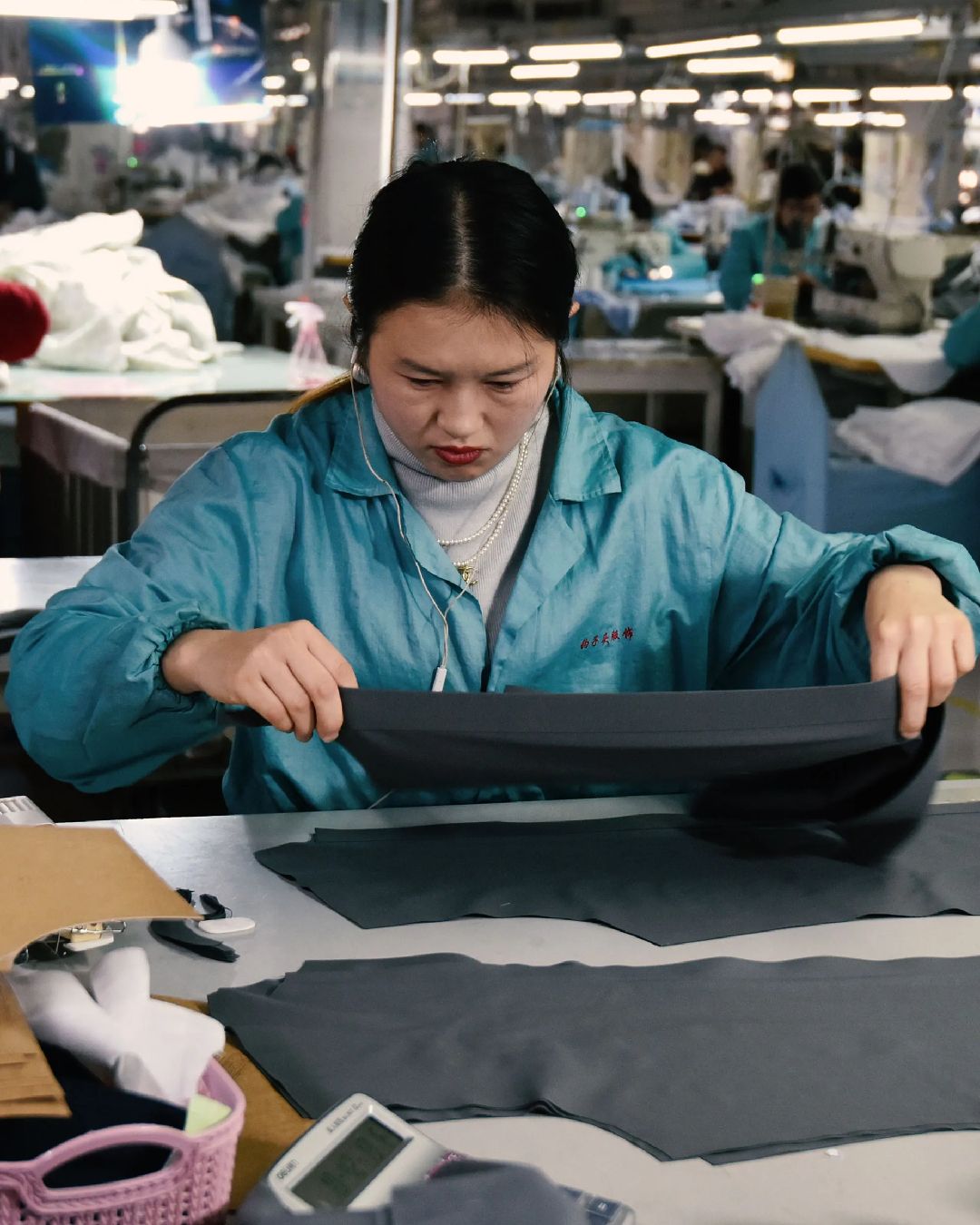
The future of sustainable fashion is made in New York A new bill could be the blueprint of new and future sustainable policies
Last Friday, the Fashion Sustainability and Social Accountability Act bill was presented in New York, which, if approved, will force all fashion brands to account for their impact on the climate change crisis. Introduced by New York Senator Alessandra Biaggi and Congresswoman Anna R. Kelles, with the support of a number of local NGOs, as well as Stella McCartney, the bill will cover all global apparel and footwear companies with more than $100 million in annual revenue commercially present in New York. This includes virtually every major fashion brand in the world as well as fast fashion giants such as Zara, H&M or Shein. The bill requires brands to make up to 50% of their supply chain transparent, including raw material suppliers and companies that ship materials. Companies will also have to highlight the steps in the supply chain with the greatest social and environmental impact (also with reference to fair wages) and submit projects to reduce their carbon emissions, in accordance with the Paris Agreements. Brands will also be required to disclose their production volumes for individual materials such as cotton, leather or polyester and make this information available online to the public.
The Fashion Sustainability and Social Accountability Act could make New York the first state to pass legislation that will hold the biggest brands in fashion to account for their role in climate change. https://t.co/SastTw5leV
— NYT Business (@nytimesbusiness) January 8, 2022
As Senator Biaggi explained, if it passed, the Fashion Act would make New York the global leader in fashion accountability, enhancing its role as a leader with legislation that, in fact, would have repercussions on the entire global fashion market as if the information provided by brands were available online anyone in the world could control it. Companies that trade in New York that do not comply with these new transparency standards within the set timeframe (12 months for supply chain transparency and 18 for environmental impact data) will be able to receive fines corresponding to 2% of their revenue – a number that seems small but that is actually huge. The impact that the New York Fashion Act could therefore have could therefore affect the whole world, either by effectively eliminating any attempt at greenwashing, or by accelerating the implementation of these policies also in Europe or Australia. New York remains one of the most important commercial centers in the world and there is perhaps no fashion brand that could afford to withdraw from the state.
«Before officially introducing the bill, we built a broad coalition of support that includes leaders in the fashion industry, manufacturers, labor rights activists and environmental activists who are passionate about seeing the bill become law», Biaggi told The New York Times. The bill for the Fashion Act will in fact now have to face the classic approval process through the Senate and the various Parliamentary Committees and after the negotiations for the budget are concluded it will finally be put to the vote in the spring – to be made effective shortly after.



















































